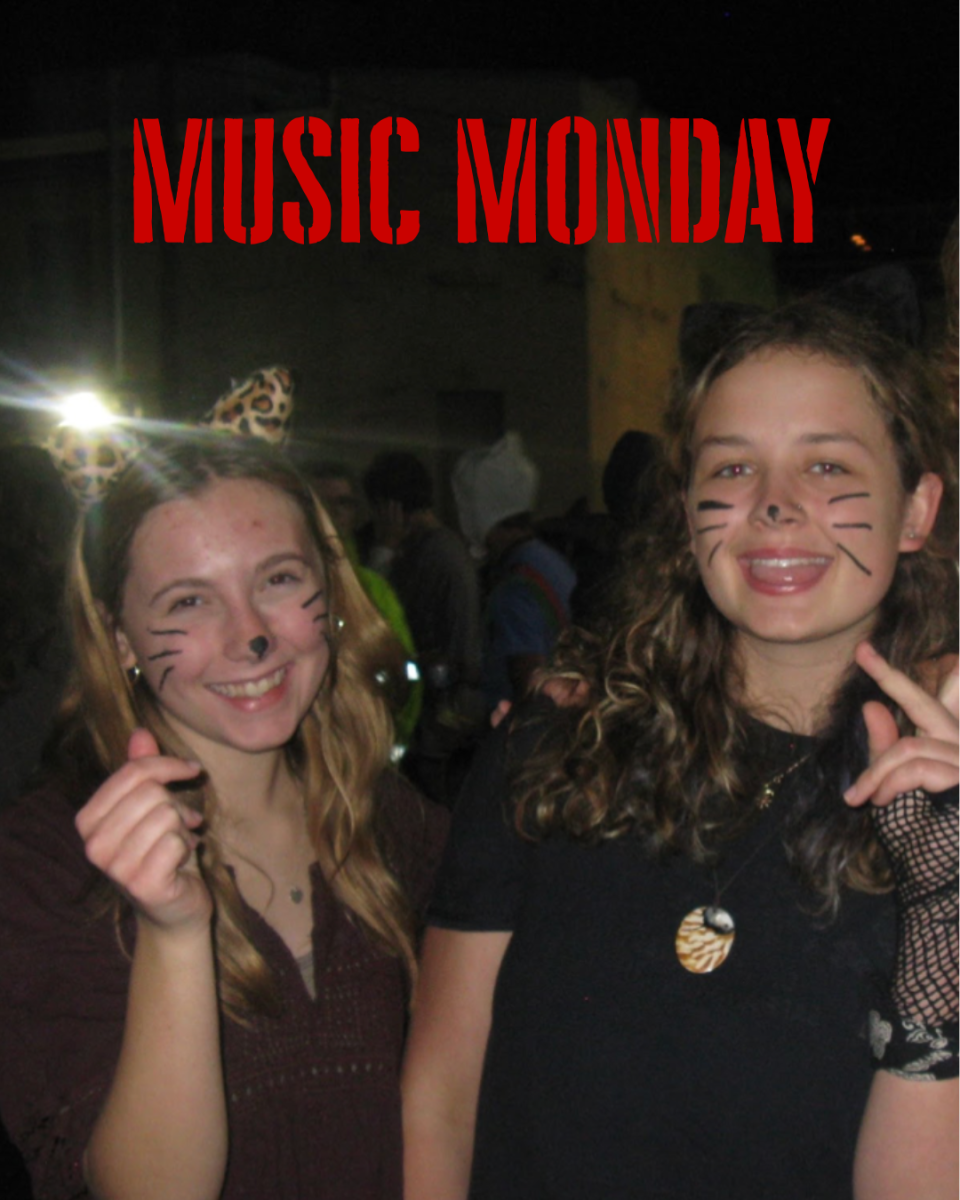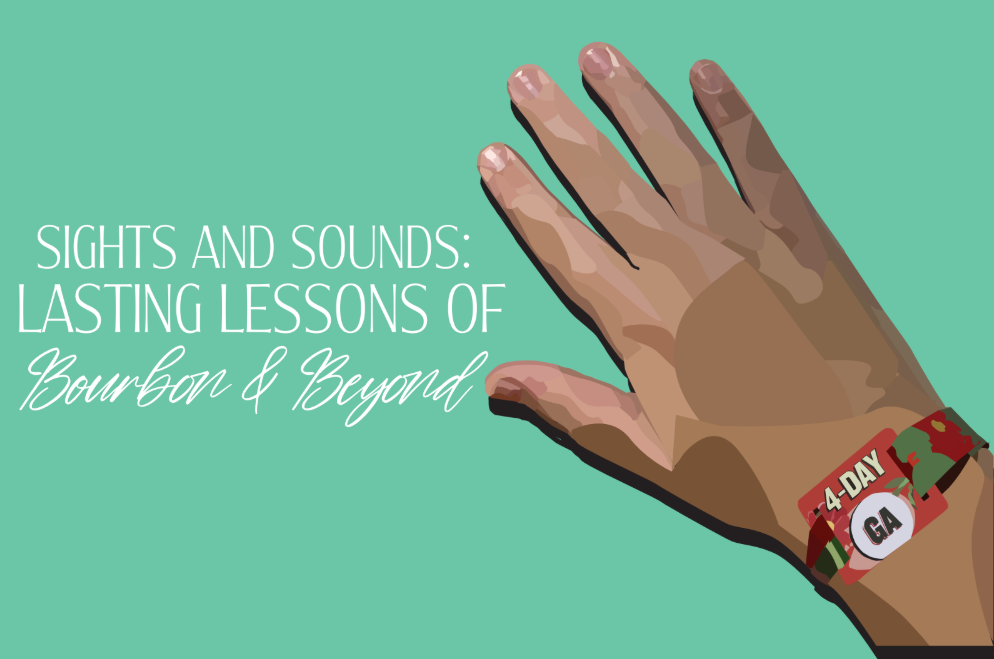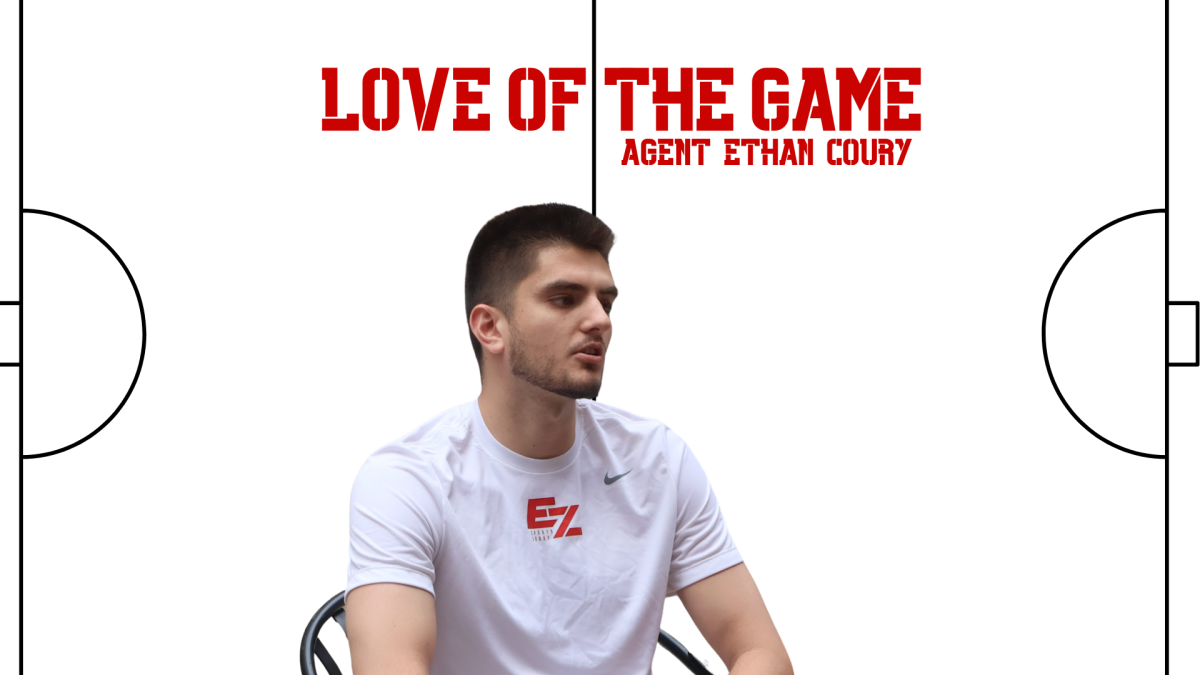A hush fell over the crowd as the house lights dimmed, a spotlight illuminating the director of the play. She welcomed everyone to the show, and the lights snapped off, bathing the room in darkness. Then, just as quickly as it had gone, brighter, more colorful lights exploded into existence, followed by an energetic and comedic monologue. The cast sprung across the stage, shouting their lines so they could be heard even by those in the back of the theater. Laughter echoed from the crowd. The music came to a crescendo.
Thus, “Sense and Sensibility” had begun.
My friends and I got tickets for the play from a writing workshop we were a part of, which allowed us to not only see the show for free, but also to interview the director of it.
As the show came to an end, the actors lined up in pairs, and, to my surprise, a girl around my age stepped up to the front.
Kentucky Shakespeare, a Louisville-based nonprofit organization that casts and produces plays in the spring and summer, put on the show. Anyone could audition for them if they had a resume, which led to a diverse cast of people from all ages.
When I saw this on the website, it seemed crazy to me — prior acting experience for a free drama group? But as I thought more about it, I realized that’s why many people interested in acting start young at places like summer camps or school clubs. In big movies and TV shows, involvement in acting, singing, or dancing beforehand frequently aid in landing people those jobs, which is one of the reasons those who wish to continue their career in these fields are always in search of new opportunities.
Luckily for them, these career paths are offered at both high schools and colleges all over the state. In fact, one cast member in “Sense and Sensibility” attends YPAS classes for duPont Manual High School while furthering their career elsewhere.
After we left the theater, we waited at the top of the stairs for our parents, who were still collecting their things from inside. I glanced down the stairs leading into the main lobby as they became increasingly more crowded. Shifting closer to my small group, I continued studying the space around me, even as their conversation continued on. They shifted quickly from topic to topic — so many that I lost track — but one in particular caught my attention.
Bellarmine University was cutting its theater program, as well as other majors including foreign languages and philosophy.
From what I knew, Bellarmine’s theater program had been active in the Louisville community for decades, and performed countless classics, from romances like “Romeo and Juliet” to coming-of-age stories like “The Wolves.” The major is well-known across the state for its tenacity and diversity, yet this tradition may be coming to an end.
As of last year, Bellarmine University is phasing out their theater program, with the class of 2027 being the last time they offer the course as a major. Other programs are also being cut at the school, like foreign languages and philosophy. To Kathryn West, a professor at Bellarmine, this comes as an unfortunate blow to the school’s community.
“It’s really a shame,” West said. “I think theater is important. It draws diverse students and diverse audiences.”
Bellarmine isn’t the only school cutting programs like these, though — many others began cutting additional artforms in recent decades.
In 2010, the University of Maine announced its plan to drop theater as a major, with many other colleges following suit. This included Goucher College, whose plans to cut certain majors went from Russian studies and theater to elementary and special education.
One commonality among these cuts is a lack of funding for each department, leaving schools with a choice they wish they didn’t have to make. Regardless of their reasoning, when majors of the arts are removed from the curriculum, it not only stops decades long traditions, but also limits the creativity of those who might’ve wanted to join, which inadvertently lessens diversity and possible admissions.
The more I looked into the issue, the more I realized just how many art programs are being removed from these schools. Universities across the country are cutting art majors like studio arts, humanities, and more. This limits the ability of artists to further their chosen career due to a variety of factors — both financial and emotional.
“I’m afraid we won’t get students that we would have otherwise who are really interested in those artistic endeavors,” West said, describing the possible impacts at Bellarmine.
If students are forced to change their major, it lessens the likelihood that they will continue pursuing it outside of school and thus reduces the available workers for those fields in the future.
However, many of the fields that could be impacted, like graphic design and other arts, already have jobs that replace people with AI. With art and literature on the decline, the rise of AI art has taken on a new meaning. Those who may have the potential to create instead sacrifice their time and effort to different online tools, and those who wish to compete in this new market find it difficult. While it may seem like a great way to quickly transfer ideas into reality, the technology not only steals work from actual artists, but it also makes people resort to the quicker, easier option.
Opinions vary greatly on this controversial topic, with some art websites publishing statements defending AI as a tool to synthesize and channel skills, and others pointing out the negative impacts on human creativity.
“It’s robbing actual hardworking human artisans,” stated an article published by an art studio, Jeremy Vesely Photography. “I can only hope these advancements don’t come at the expense of talent that deserves to be rewarded for creating unique pieces of art and literature for us all to enjoy.”
This new age where knowledge and creativity — both inherent human qualities — can be brought to existence with the tapping of keys only brings about the absolute necessity to hold onto the programs and opportunities that allow us to exert our humanity on the world while we still can.








